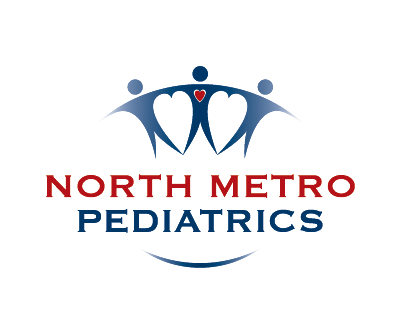« Return to Grantee Stories
Minnesota primary care clinics make big gains in screening teen depression

Primary care clinics have made remarkable gains over the past two years in screening adolescents and teens for depression, according to a new clinic report card from MN Community Measurement.
The agency's annual clinic ratings have motivated improvements over the past decade in the treatment of diabetes, asthma and other conditions, but rarely has so much progress been made in one area of primary care in so little time.
Statewide, 73 percent of children aged 12 to 18 who visited primary care clinics — and hadn't previously had a mental disorder diagnosed — were screened in 2017 for depression. That is a 9 percentage point increase from the screening rate in 2016, and a 33 percentage point increase from the rate in 2015.
“Its such an important issue and it';s a good example of how measurement can drive change,” said Julie Sonier, president of the nonprofit measurement agency.
Teenage mental health gained renewed focus last week following the Florida school shooting in which a former student with a known history of depression killed 17 people and wounded others. However, clinic leaders said the importance of screening goes beyond the prevention of such tragedies, because depression is a risk factor for teen suicide and leads to broader declines in child health and development.
“It's part of the way we deliver care,” said Jeff Lundgren, executive director of North Metro Pediatrics, a Coon Rapids safety net clinic that serves a racially and economically diverse population. “Mental health is part of what we consider to be a comprehensive assessment of a child’s development.”
The U.S. Preventive Services Task Force finalized its recommendation in 2016 that clinics should screen patients ages 12 through 17 for major depression, but clinicians at North Metro have been doing that for a decade. The clinic was one of 24 in Community Measurement’s latest ratings to screen 100 percent of eligible pediatric patients during routine checkups last year.
Children and parents at North Metro each receive depression questionnaires upon check-in, and start filling them out in the waiting room.
Varying results can shock parents, said Connie Blackwell, a nurse practitioner who founded the clinic. “They’re totally unaware their child has any problem going on, and [the child] might have this huge score and might be at risk for suicide.”
Screening 100 percent of patients can be challenging. One year ago, North Metro fell below the perfect score because a patient with autism was incapable during the visit of completing the questionnaire. But the clinic considers it a requirement.
Screening is one challenge, but measurably treating teen depression is another. North Metro reached an agreement with a local mental health provider last fall to provide immediate counseling options to patients. The provider has a satellite office in the same building.
“In some cases, if there is a family that's on the fence and not sure,” Lundgren said, “we’ll literally go and introduce them.”
With clinics making gains on the “process” measure of depression screening, Sonier said that Community Measurement will look to track them on the “outcome” measure of whether their patients see improvements in depressive symptoms.
Olson, J. (2018, February 23). Minnesota primary care clinics make big gains in screening teen depression Star Tribune. Retrieved from http://m.startribune.com.